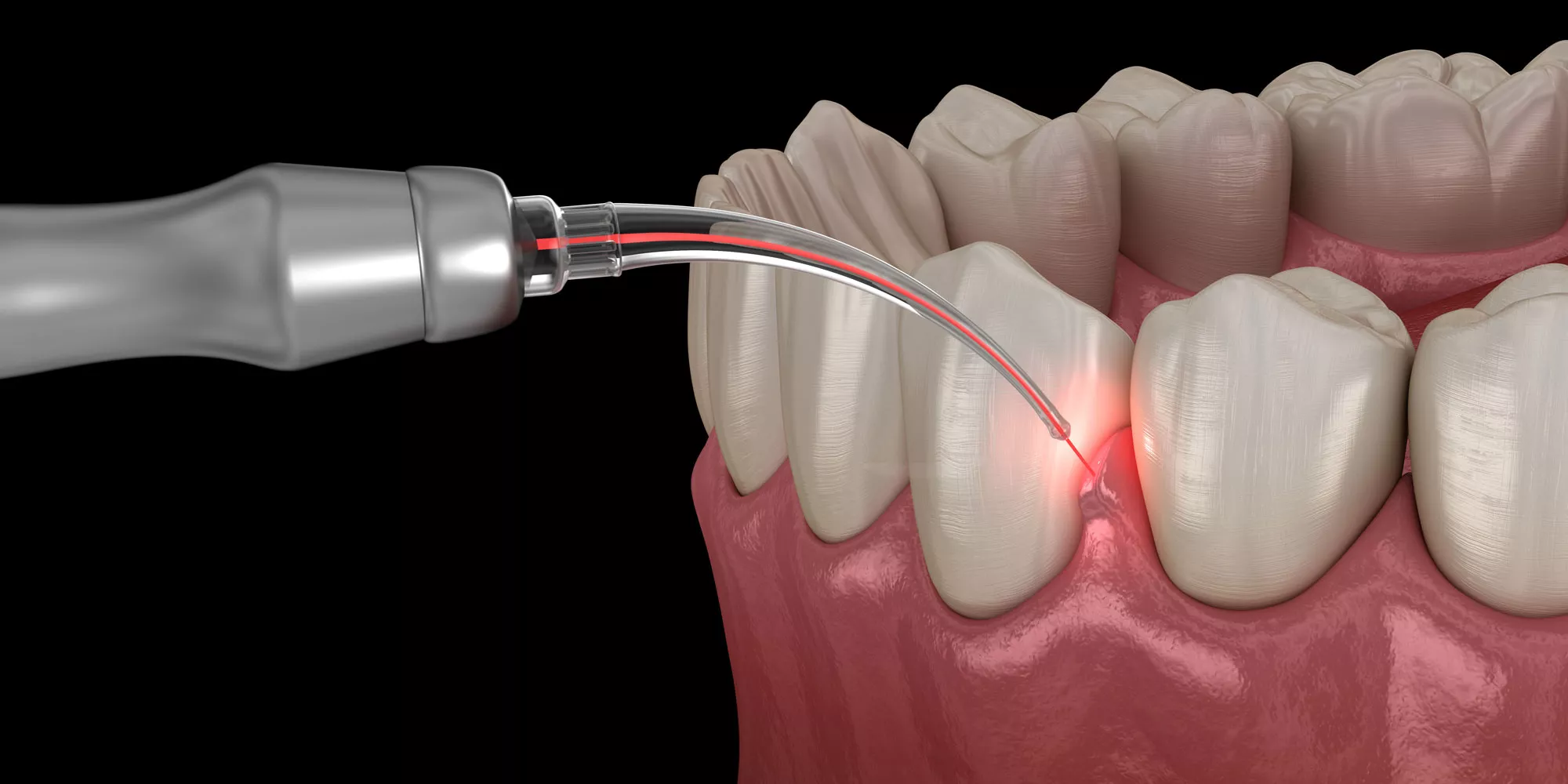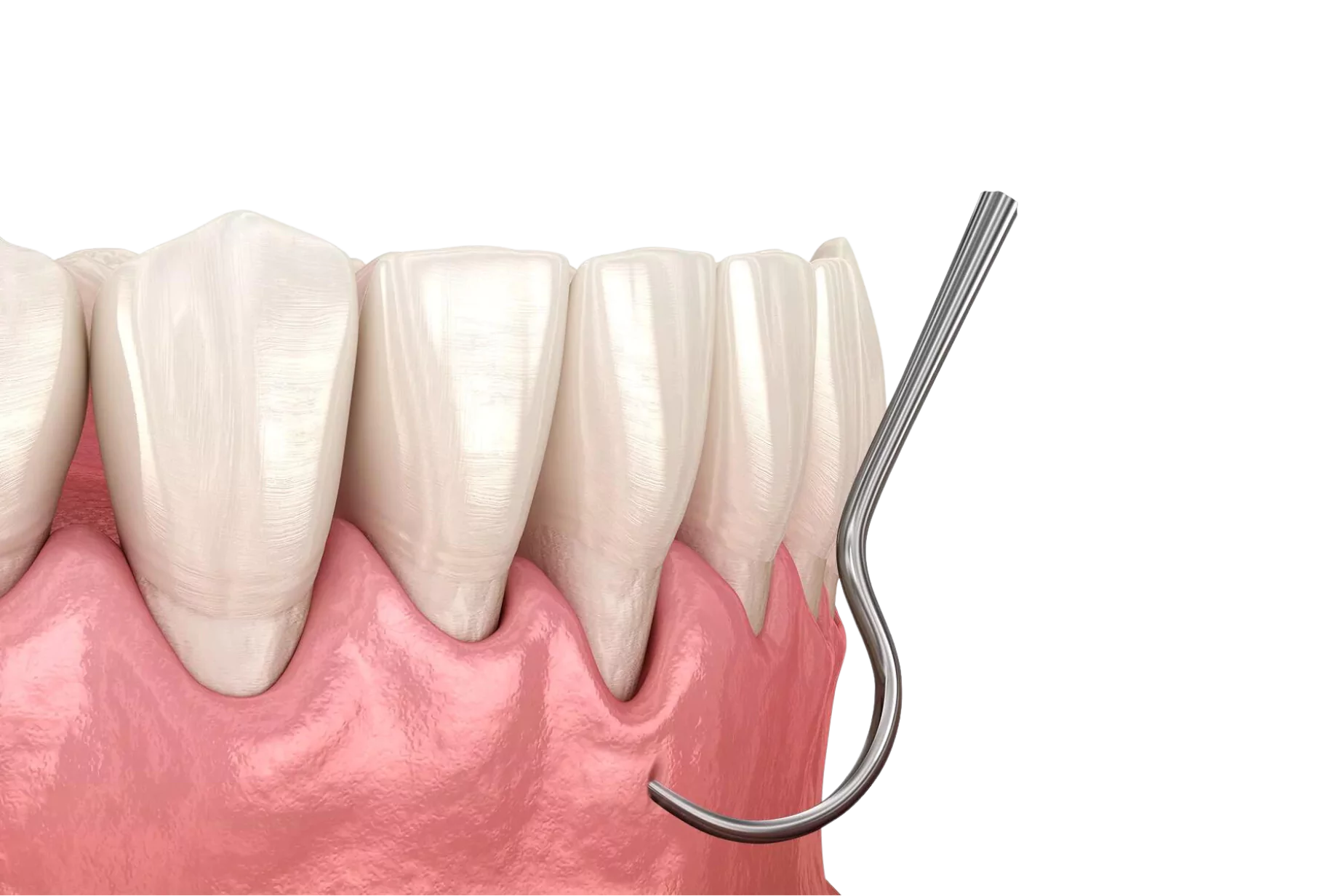
If you’re considering gum surgery in India, it’s important to have a comprehensive understanding of the procedures involved. Gum surgery, also known as periodontal surgery, aims to restore oral health, prevent further disease, and address issues like gum disease, bone loss, and tooth instability. This article provides an overview of gum surgery, reasons for its necessity, different types of surgeries available, and their benefits. Additionally, it covers important aspects such as healing time, costs, and the importance of discussing your concerns with your dentist.
Gum surgery is a restorative dental procedure that aims to reverse the effects of gingivitis or periodontitis, which are forms of gum disease. Poor dental hygiene, an unhealthy diet, smoking, or compromised immune systems can contribute to gum disease. In some cases, gum surgery is performed for cosmetic reasons, such as correcting a low gum line that makes teeth appear small. However, the primary need for gum surgery arises when gum disease progresses, leading to inflammation, separation of gums from teeth, bacterial infection, and potential tooth loss.
Gum surgery in India offers effective solutions for various gum-related issues, preventing further complications and tooth loss. Deep scaling, flap surgery, bone grafting, soft tissue grafting, guided tissue regeneration, and crown lengthening are the main types of gum surgeries available. Discussing your concerns with a dentist is crucial to understand the specific procedure that suits your needs. While healing time and costs vary depending on the procedure, the long-term benefits of gum surgery outweigh the initial discomfort and expenses. Take the necessary steps to maintain good oral hygiene, and consult with our partnered dental professional to determine the best course of action for your oral health needs.
Unleash the power of your smile and embark on a life-changing journey today! Embrace a transformational experience that will redefine your confidence and elevate your smile to new heights. Take the first step towards a radiant future and unlock the extraordinary potential within you. Let your smile become the symbol of your transformation and embrace the incredible possibilities that Await.

Many people feel anxious about visiting the dentist, often expecting a painful experience. However, living with toothache and decaying teeth in the long-term is far worse than a couple of hours in the dentist’s chair. Knowing what to expect can help ease your concerns. During a surgical procedure, the dentist will use a local anaesthetic to numb the area. Most patients find that the discomfort comes from the needle administering the anaesthetic, which is the only slightly uncomfortable part.
Once the anaesthetic takes effect, you won’t feel any pain during the procedure. You might experience some pressure or vibration from the dental instruments, but rest assured, this is normal and nothing to worry about.
After the surgery, as the anaesthetic wears off, you might need to take over-the-counter painkillers for a couple of days. It’s common to experience some swelling as well, but you can reduce it by applying an ice pack to your face. These post-operative discomforts are typically mild and manageable.
Remember, the benefits of addressing dental issues far outweigh any temporary discomfort during the procedure. A healthy smile leads to improved overall well-being, so don’t let dental anxiety prevent you from seeking necessary treatment. Trust your dentist, communicate your concerns, and take the step towards better oral health. You’ll find that The discomfort during the procedure is minimal compared to the relief and long-term benefits it brings.
If you have undergone gingival flap surgery or a grafting procedure, it’s common to have stitches in your gums. In some cases, dissolving stitches may be used. If your stitches need to be removed, a follow-up appointment will be scheduled for you within 7 to 10 days.
Additionally, your surgeon may apply a periodontal pack, which is a special dressing, over the surgical site. You will receive instructions on when and how to remove it properly.
During the initial days after surgery, it is typical to experience swelling and discomfort. However, these symptoms generally subside with time. Within a few days, you should be able to resume your normal eating and drinking habits, as long as you are mindful of your stitches.
It’s important to follow any post-operative instructions provided by your dentist or surgeon to ensure proper healing and minimise the risk of complications. If you have any concerns or questions during your recovery period, don’t hesitate to reach out to your dental healthcare provider.
Aftercare protocols
After any surgery, including gum surgery, maintaining cleanliness at the surgical site is crucial for successful recovery. Your dentist will provide you with a personalised aftercare plan to follow. Here are some general guidelines that may be included in your plan:
Remember to closely follow the aftercare plan provided by your dentist and reach out to them if you have any questions or concerns during your recovery. Proper care and adherence to the guidelines will contribute to a smoother and more successful healing process.
Gum surgery has the potential to significantly improve your oral health, particularly if the underlying cause of your gum issues, such as gingivitis, can be addressed through lifestyle changes. By making necessary adjustments and maintaining good oral care habits, you can increase the likelihood of long-term oral health benefits following the surgery.
In cases where the primary cause of gingivitis is related to lifestyle habits, such as poor dental hygiene or an unhealthy diet, gum surgery can be a turning point. By correcting these habits and adopting a healthier lifestyle, you can enhance the longevity of the positive effects achieved through the surgery.
However, it’s important to note that if your gingivitis is caused by an underlying medical condition, your control over gum health may be limited. While gum surgery can bring improvements in such cases, the long-term results may vary. It’s advisable to consult with your dentist for personalised advice, as each case is unique and requires individualised treatment considerations.
In summary, gum surgery has the potential to yield lasting benefits for your oral health, especially when supported by proper oral care practices and a healthy diet. However, the longevity of the results may depend on the specific factors contributing to your gum issues. Your dentist can provide tailored guidance and recommendations based on your specific circumstances.
Stay up-to-date with our latest updates!
We will never send any spam emails.
